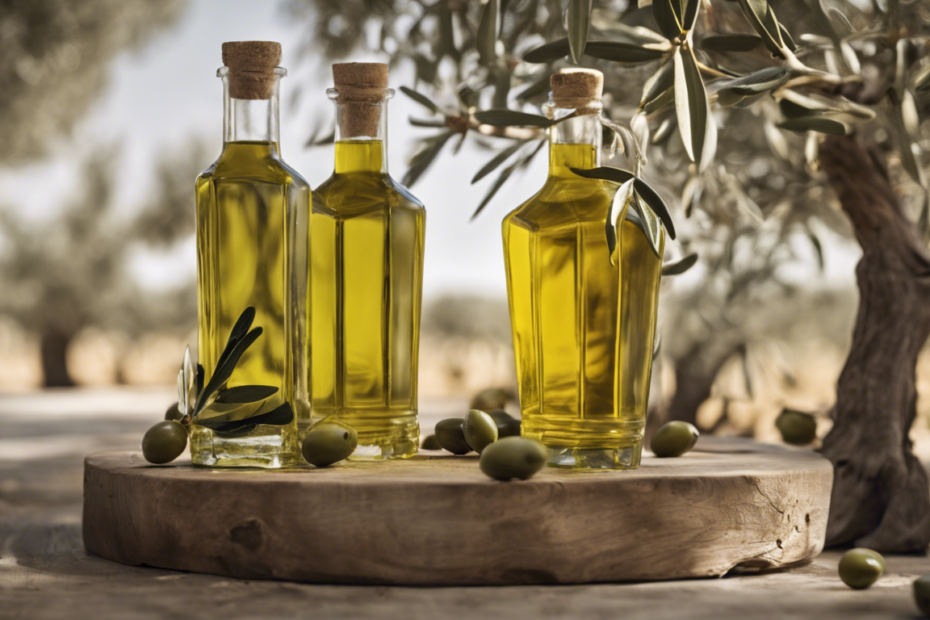Ever wondered how that golden drizzle of olive oil makes its way from sun-kissed groves to your kitchen table?
In this article, we’re peeling back the layers of olive oil production, taking you on a journey from the cultivation and harvesting techniques in the olive tree groves to the intricate pressing process that transforms olives into liquid gold.
Plus, we’ll dive into the essential quality control measures and tasting tips that guarantee your olive oil is of gourmet standard.
Let’s uncover the secrets behind this beloved ingredient!
Quality Control and Tasting: Ensuring Gourmet Standards
When it comes to olive oil production, quality control and tasting are essential to ensure that what ends up in your bottle meets those gourmet standards we all love.
Imagine strolling through lush groves, picking the ripest olives, and every step afterward being just as crucial.
From the moment those little green gems are harvested, meticulous care is taken to process them quickly and cold-press them to lock in their vibrant flavors.
Once the oil is extracted, expert tasters step in, swirling and sniffing, to discern subtle notes and defects—think of it as a fine wine tasting but with a deliciously rich, golden oil instead!
This hands-on approach guarantees that only the best oils make the cut, so when you drizzle it over your salad or dip your bread, you’re savoring something that’s not just good but truly gourmet.
Frequently Asked Questions
What are the different types of olive oil?
There are several types of olive oil, including extra virgin, virgin, pure, and pomace olive oil.
Extra virgin olive oil is the highest quality, made from pure, cold-pressed olives.
How is olive oil harvested?
Olive oil is harvested through manual hand-picking or by using machines that shake the trees to release the olives.
The olives are then collected and transported to the mill for pressing.
What is the pressing process in olive oil production?
The pressing process involves crushing the olives to create a paste, which is then blended and pressed to extract the oil.
This can be done using traditional stone mills or modern mechanized presses.
How can I tell if my olive oil is high quality?
High-quality olive oil should have a fruity aroma, a rich taste, and a slight peppery finish when tasted.
Look for clear labeling, including ‘extra virgin’ and ‘cold-pressed’ for the best quality.
Can olive oil go bad?
Yes, olive oil can go bad over time.
If stored improperly or exposed to light and heat, it can become rancid.
It’s best to store it in a cool, dark place and use it within a year of opening.
